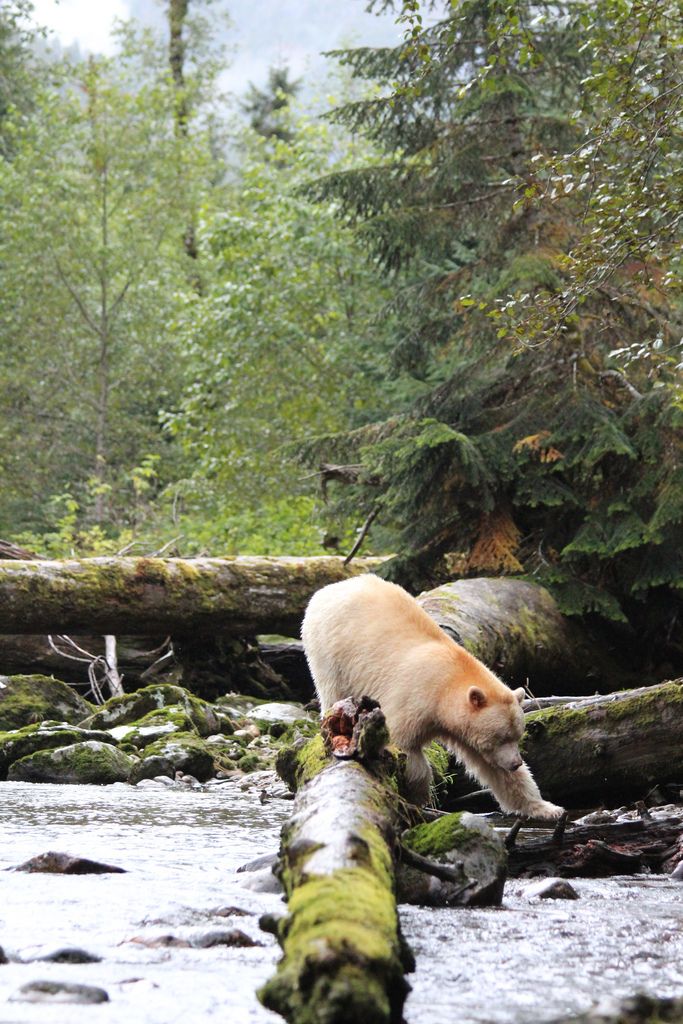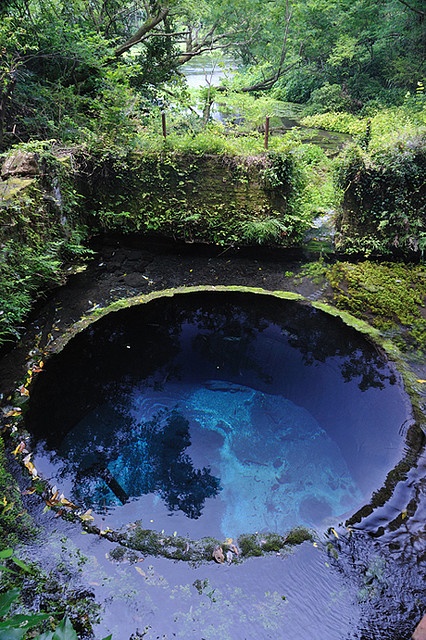Dear Integral Meditators,
The article below examines five mindful ways in which we can cultivate our inner peace. If you work with them together, then you end up with a practice of inner peace made more resilient by the diversity of its sources. If you enjoy it and are in Singapore then you might consider the Mindful Resilience workshop on the 18th July.
Quick reminder of the Mindful Benevolence online class that remains on offer until the 14th July.
In the spirit of inner peace,
Toby
 Five Ways of Mindfully Cultivating Your Inner Peace
Five Ways of Mindfully Cultivating Your Inner Peace
Much of our efforts in life are directed towards finding peace of mind, to be able to relax and feel at ease. Here are five mindful ways in which we can cultivate our inner peace. If you work with them together, then you end up with a practice of inner peace made more resilient by the diversity of its sources.
The peace of tranquillity – This is the peace of connecting to places and activities that are tranquil, and help us feel calm. Quiet places in our home or working environment or places in nature that we can spend time in regularly. Just by connecting to the tranquil energy of these places and being present to them we can increase our own experience of inner peace.
The peace of awareness – Rather than focusing on the contents of our busy mind, the activity of our environment or our personal challenges we can sit and focus on the experience of awareness itself, which is always open, spacious and possess and abundance of peaceful not-in-a-hurryness.
The peace of accepting what is (& the peace of having done what you can) – “Today, despite both of our best efforts I was not able to meet my friend in town. We both tired our best, and really wanted to, but for one reason or another it just did not come off.” Accepting what is: that we were not able to meet, and that we did all we could, that is we tried to fix it but it did not happen is the peace of accepting what is and that you have done what you could.
Without this type of clarity it is very easy for our peace of mind to be destroyed by the ‘what if’s’ of our life.
The peace of being enough – This is the peace of being happy with who you are, and not having to continually prove your worthiness to yourself or to other people. It does not mean that you are not trying to improve yourself, but it does mean that you are basically secure in your self-image, you are enough, and so there is room to rest at ease.
The peace of self-efficacy – “I don’t know what challenges will come in my business over the next month, but I have confidence in my ability to meet those challenges effectively, and/or learn how to solve the problems that come up.” The peace of self-efficacy ace arises from your faith in yourself and the effectiveness of your abilities. It is the peace that comes from the confidence in your ability to learn and adapt in the way you need to in order to deal with what arises.
The Peace of Playfulness – This is the peace that comes from asserting your right to be playful in life. It is the peace that comes from taking things lightly, flexibly and easily. It’s not that you don’t know how to apply seriousness; it’s just that it is continually balanced by the peace of a playful mindset.
© Toby Ouvry 2015, you are welcome to use or share this article, but please cite Toby as the source and include reference to his website www.tobyouvry.com
Upcoming Courses at Integral Meditation Asia 1st July-1st August:
Saturday 18th July, 9.30am-12.30pm – Growing Your Mindful Freedom – The Essential Meditation of the Buddha: A Three Hour Meditation Workshop
Saturday 18th July, 2.30-5.30 pm – Mindful Resilience – Sustaining effectiveness, happiness and clarity under pressure through meditation and mindfulness – A Three Hour Workshop
Wenesday July 22nd 7.30-9pm – Integral Meditation Session @ Basic Essence – Meditating with your inner strength of heart & mind
Wednesday July 29th 7.30-9pm – Integral Meditation Session @ Basic Essence – Meditation for connecting to a positive attitude
Saturday 1st August, 9.30am-12.30pm – Finding Simplicity in the Complexity: An Introduction to Meditation From the Perspective of Zen
Saturday 1st August, 2.30-5.30pm – Meditations for Developing the Language of Your Shadow Self – A Three Hour Workshop
Friday 14th August, 7.30-9pm – Integral Meditation Session @ the Reiki Centre
Integral Meditation Asia
Life-Coaching * Meditation Technology









